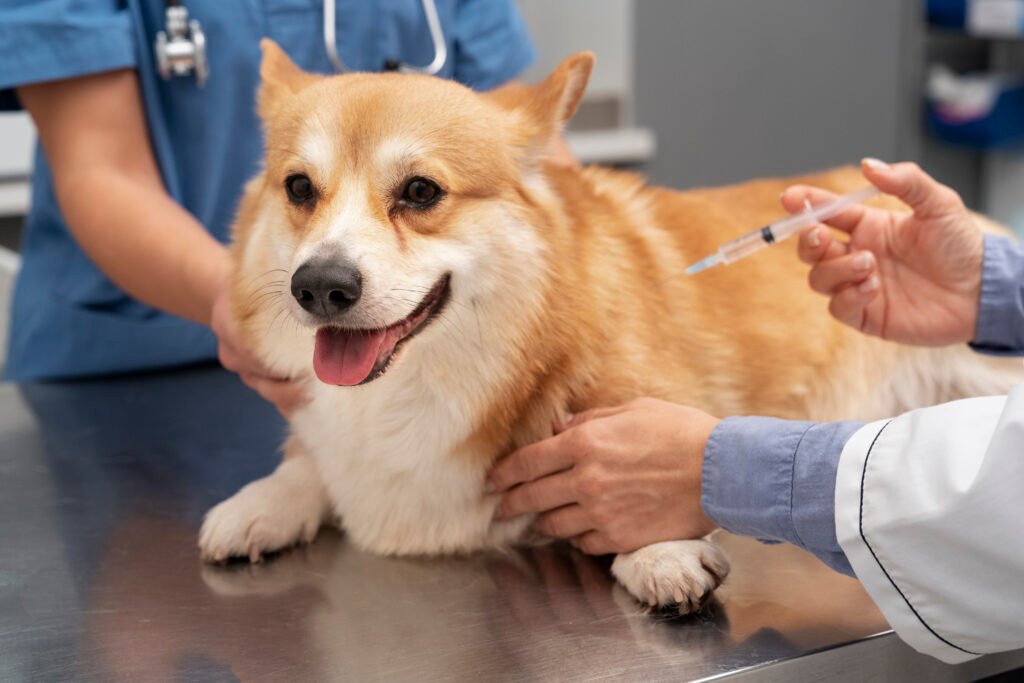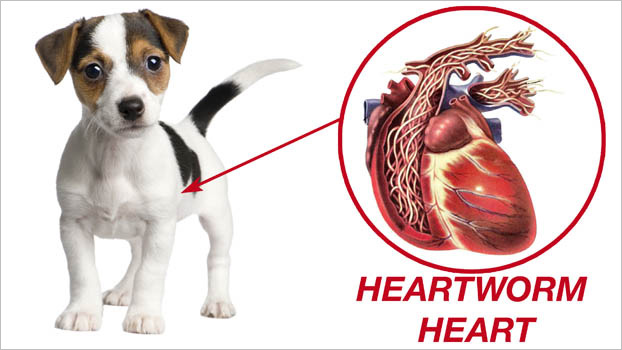
Introduction: Can Natural Dewormers Really Help Cats?
Worm infestations are common in cats, and while prescription medications remain the most effective treatment, many pet parents are curious about natural dewormers for cats. Certain foods and supplements can support your cat’s digestive system, help reduce worm loads, and improve overall wellness.
Here are 7 natural remedies and home-based approaches you can try to help protect your cat from worms—always alongside professional veterinary care.
1. Pumpkin
Canned pumpkin is rich in soluble and insoluble fiber, making it a gentle digestive aid. It helps normalize bowel movements, relieve constipation or diarrhea, and support a healthy gut.
Suggested use: 1 teaspoon per 10 lbs of body weight per day mixed into food.
2. Pumpkin Seeds
Ground raw pumpkin seeds are one of the most effective natural dewormers for cats. They contain cucurbitacin, a compound that can paralyze intestinal parasites like roundworms and tapeworms, helping the body expel them.
Suggested use: ¼ teaspoon per 10 lbs of body weight daily. Grind seeds finely before feeding.
3. Fiber for Gut Support
High-fiber foods, such as pumpkin and psyllium husk (in safe amounts), act as natural cleansers for the digestive tract. Fiber improves stool quality and helps “sweep out” parasites.
4. Omega-3 Fatty Acids
Pumpkin seeds are also rich in omega-3s, which reduce inflammation and support skin and coat health. A stronger immune system makes it harder for worms to thrive.
5. Probiotics
A healthy gut microbiome can make your cat more resistant to parasites. Adding vet-approved probiotics can help balance intestinal bacteria and improve digestion.
6. Hydration and Liver Support
Pumpkin’s antioxidants, such as beta carotene and vitamin E, support liver detoxification. A healthy liver processes toxins more efficiently, aiding your cat’s natural defenses against parasites.
7. Regular Preventive Care
While these home remedies can help, they are not a replacement for prescription dewormers. Combine natural approaches with:
Flea control (since fleas spread tapeworms)
Routine vet checkups
Fecal tests every 6 months
👉 For more guidance on parasite prevention, visit the American Veterinary Medical Association’s parasite prevention guide.
Conclusion: Natural Remedies Work Best with Veterinary Care
Using home remedies for worms in cats like pumpkin and pumpkin seeds can support digestive health and may help reduce worm infestations. However, they should be seen as complements—not replacements—for veterinary dewormers.
The best plan? Combine preventive flea control, regular vet visits, and safe natural supplements to keep your cat healthy, happy, and worm-free.
Pravin is a tech enthusiast and Salesforce developer with deep expertise in AI, mobile gadgets, coding, and automotive technology. At Thoughtsverser, he shares practical insights and research-driven content on the latest tech and innovations shaping our world.
- Pravin Rhttps://thoughtsverse.com/author/pravin321/
- Pravin Rhttps://thoughtsverse.com/author/pravin321/
- Pravin Rhttps://thoughtsverse.com/author/pravin321/
- Pravin Rhttps://thoughtsverse.com/author/pravin321/



